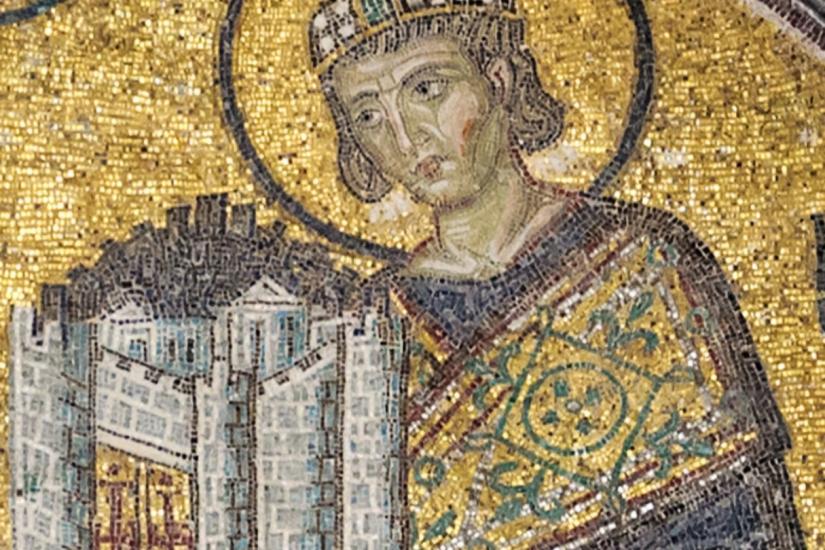
Zoom Availability:
https://ceu-edu.zoom.us/j/98138118684?pwd=MDZmSkdiSjJCSk9WczBVbCtaeTg3Zz09
Meeting ID: 981 3811 8684
Passcode: medspub
Abstract
The big challenge in our evaluation of the "Constantinian turn" in the fourth century CE is to pinpoint the actual novelty of Christianity. What novelties did the new religion introduce in the lives of individuals and in society as a whole? To what degree did it resonate with existing ideas and concepts? How did it affect social structures? In search of gage for the magnitude of novelty to answer the first question, it will be helpful compare the Constantinian and pre-Constantinian times with the state of affairs in the sixth century. The second question will be addressed with reference to concepts of society developed in classical antiquity and their adaptation within a Christian framework. In response to the third question, I will look at the expansion of family relations and their interpretation within a Christian framework.
Claudia Rapp took up her current position as Professor of Byzantine Studies at the University of Vienna in 2011, after 17 years in the History Department at the University of California, Los Angeles. She is the Director of the Division of Byzantine Research within the Institute for Medieval Research at the Austrian Academy of Sciences, and Scholarly Director of the Sinai Palimpsests Project.
Her research focuses on social and cultural history, often from the angle of religious history and manuscript studies. Holy Bishops in Late Antiquity: Christian Leadership in an Age of Transition, published in 2005, was re-issued in paperback in 2013. Her most recent book, Brother-Making in Late Antiquity and Byzantium: Monks, Laymen and Christian Ritual (2016) has led to the formation of the Euchologia Project at the Austrian Academy of Sciences. Funding through the Wittgenstein-Award has enabled her to assemble a team of scholars for the joint investigation of Mobility, Microstructures and Personal Agency.